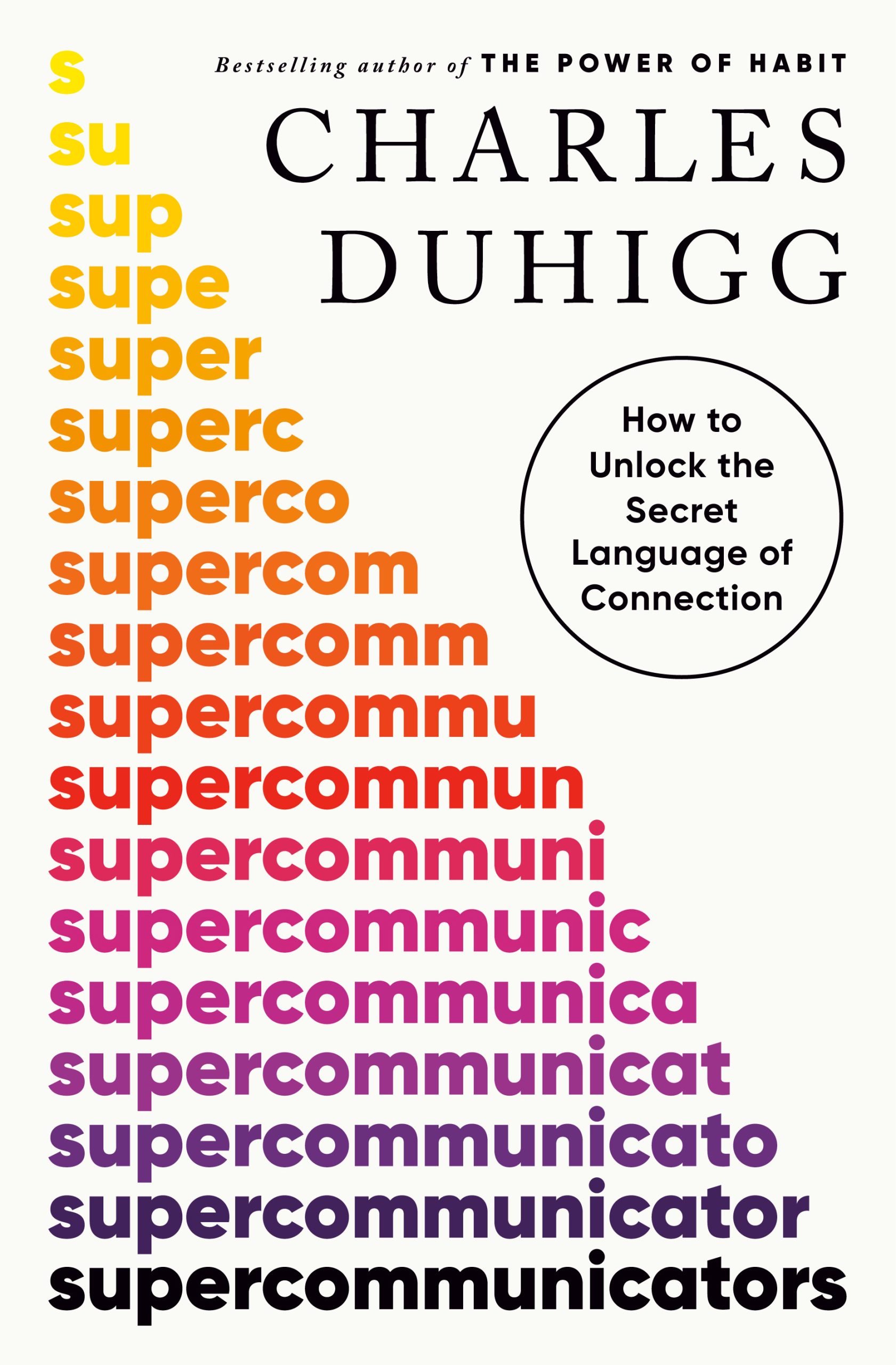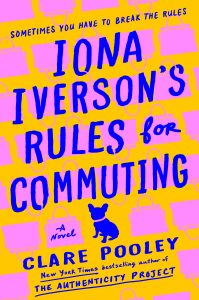
A Smart, Engaging Look at What Makes Conversations Truly Work
Charles Duhigg, the Pulitzer Prize-winning author of The Power of Habit and Smarter Faster Better, returns with Supercommunicators, a thoughtful exploration of how people can build better connections through conversation. At its heart, this book asks a deceptively simple question: why do some conversations succeed while others collapse? The answer, Duhigg argues, lies not just in what we say, but in how well we understand the emotional and identity-driven layers beneath every exchange.
Duhigg’s premise is that there are three fundamental questions underlying all meaningful conversations: What is this really about? How do we feel? Who are we? He calls those who can skillfully navigate these dimensions “supercommunicators.” These are people who instinctively know when to listen, when to probe deeper, and when to validate another person’s feelings without judgment. They don’t just talk; they connect.
The book weaves together case studies from diverse arenas corporate boardrooms, CIA negotiations, Netflix meetings, and even family disputes to illustrate how communication can bridge divides and foster understanding. Duhigg’s storytelling is crisp, journalistic, and often cinematic. He manages to distill complex psychological and behavioral principles into engaging narratives that keep readers hooked from one example to the next.
For readers like Nilguen, the book’s greatest strength lies in its practicality. Duhigg’s framework for recognizing conversational types and his emphasis on emotional regulation, such as managing the amygdala’s instinctive reactions, make this more than just another “talk better” guide. The emphasis on empathy and the win-win mindset rather than viewing conversations as battles to be won is both refreshing and realistic.
That said, Supercommunicators is not without criticism. Some readers, like Sebastian Gebski, found the book too rooted in American communication norms, arguing that its tactics may not translate well across cultures. For example, what might feel like warmth or openness in the United States could come across as intrusive in Northern Europe or the Middle East. The universality of Duhigg’s advice, therefore, depends on the reader’s cultural lens.
Others, like Ted Richards, see the book as a polished but ultimately familiar entry in the self-help genre. While Duhigg’s principles listening deeply, identifying emotions, acknowledging identity are valuable, they may strike seasoned readers as common sense dressed up with anecdotes and research studies. Richards also points out that Duhigg leans heavily on social science experiments that attempt to quantify human connection, a notoriously difficult task. Still, even skeptics tend to agree that the later chapters, particularly those addressing conversations around identity, offer real substance and relevance in today’s polarized world.
Despite differing opinions, there is a clear consensus that Supercommunicators delivers its message with clarity and warmth. Duhigg’s writing avoids jargon, his case studies are engaging, and his focus on empathy and intentionality feels timely in an age of constant digital miscommunication. Whether you are a leader trying to manage a team, a partner navigating conflict, or simply someone seeking to understand others better, this book offers tools worth considering.
Supercommunicators may not reinvent the art of conversation, but it gives readers a clearer map for navigating it. It encourages curiosity over defensiveness, empathy over ego, and presence over performance all vital skills in both personal and professional life.
👉 Get your copy of Supercommunicators here: https://amzn.to/3KQcj1X


